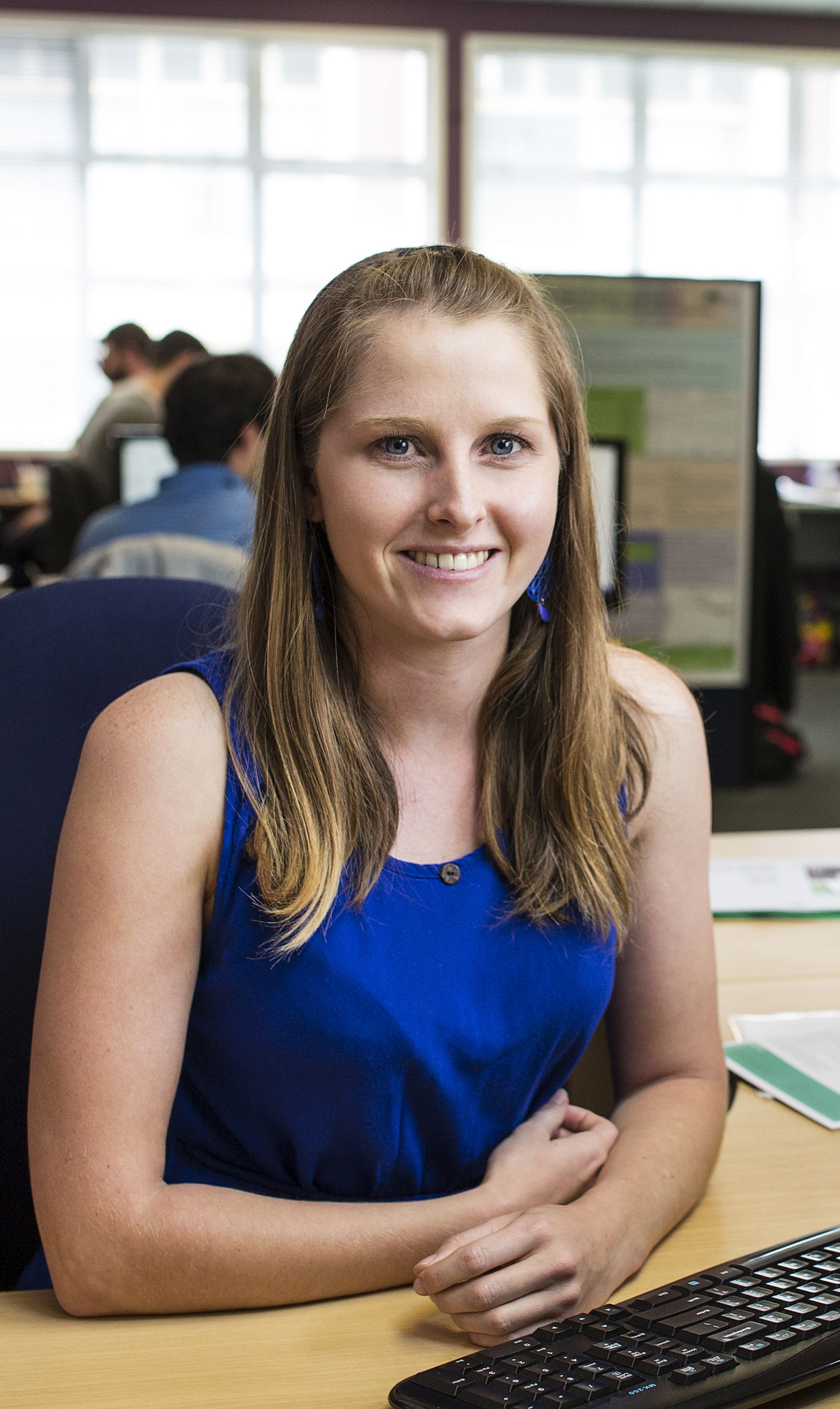
Search

Kate joined Motu in early 2016 after completing an Honours degree in economics from the University of Otago. Her undergraduate study was in economics and international business and included a semester abroad at Yonsei University in Seoul. She left Motu in March 2019.
At Motu, Kate worked on a project with Arthur Grimes on regional migration and wellbeing in Australia and studied the science of science with Adam Jaffe, using New Zealand and worldwide data on publications.
What was your background before joining Motu?
Before joining Motu, I studied economics and international business at the University of Otago. I completed an Honours degree in economics in 2015. My dissertation focused on potential growth of the Otago Farmers Market and was supervised by Dr Nathan Berg. Also, before joining Motu I did an internship in the economics team at the Ministry of Foreign Affairs and Trade.
Why did you choose to come here?
Motu provided me the opportunity to apply what I had learnt at university, especially in the area of applied econometrics which I had been enjoying the most in my final year. The areas of research that Motu spans appealed strongly to me, and I really liked the feel of the place when I came for my interview.
What were the highlights of your time at Motu?
He tāngata. The people at Motu really inspired me, and in a small workplace it was easy to get to know everyone. People were very willing to share their time and knowledge. And in my work, my favourite moments were when I was learning something new – which was a lot of the time!
How has your career progressed since you left Motu?
I am now in the research and evaluation team in Sector Group at the Ministry of Justice. Sector Group works with government agencies across the justice sector. One of the key things I’m involved in is the running and analysis of the New Zealand Crime and Victims Survey.
How has your Motu experience affected your subsequent path?
In my time at Motu I saw researchers coming together from different kinds of organisations. I also had the chance to read research papers beyond what I was specifically working on, which helped me to discover new interests. So while I was building skills for working in research, my eyes were being opened to where I might want to take them.
What advice do you have for early career economists?
Expose yourself to different areas of economics, whether it’s by taking different courses, reading research in your own time, or following some economics blogs. And if you’re going down the econometrics path, I recommend reading the books Mastering ‘Metrics: The Path from Cause to Effect’ and ‘Mostly Harmless Econometrics’.
Email: Kate Preston


Level 1, 97 Cuba Street, PO Box 24390
Wellington 6142, New Zealand
Phone: 64 4 939 4250
 Back to main menu
Back to main menu
